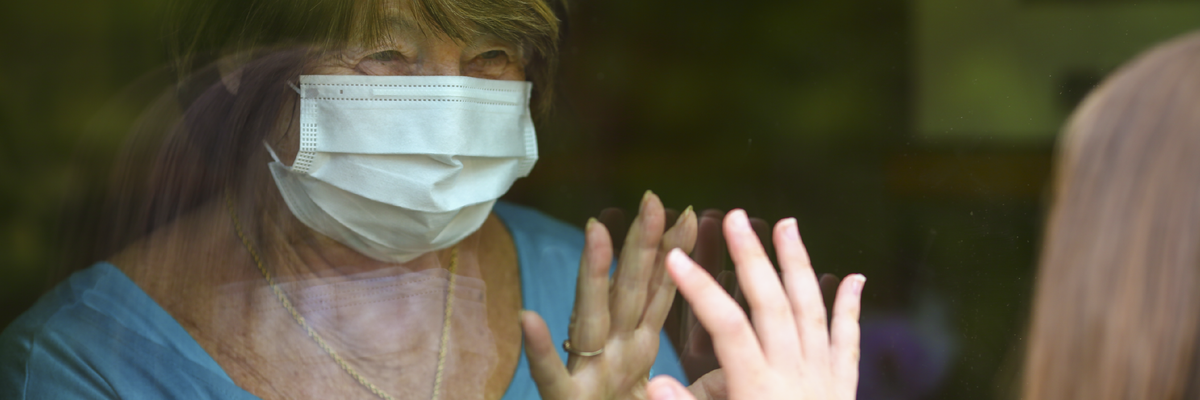
A year of coronavirus: one in six Britons have seen loved ones die
Family fallouts, first time mental health issues and drifting friendships – it’s been a long year
The pandemic is usually measured in cases, hospitalisations and deaths. But after a year with coronavirus where so much and yet so little has happened, it defines even the most intimate aspects of our lives. New YouGov data shows the wider costs of the pandemic –the impact on romantic relationships and mental health, and the loss of loved ones.
So far, around 126,000 people have died from COVID-19 in the UK. Some 17% of Britons say either a close friend (10%) or family member (6%) contribute to that figure. This is up from 13% in early January.
Over the same period of time, the proportion of people who have a close relative or friend who has been seriously unwell from coronavirus, or who have experienced this themselves, rose from 27% to 35%.
Three quarters of Britons (76%) have now also tested positive for the virus (7%) or know someone who has (70%) – up from 57% in January.
The impact of COVID-19 on friendships and relationships
The pandemic has left its mark on personal relationships, with family relations being the most commonly affected. Just shy of a quarter of Britons have cut contact with family members (10%) or say family ties have become strained because of coronavirus (13%).
However, one in six (16%) say their family relationships have strengthened, while one in twenty (5%) have regained contact with someone.
Meanwhile, a fifth either say the coronavirus outbreak has ended (5%) or damaged at least one of their friendships (14%), while for some the result has been a new friend (7%) or improved existing bonds (15%).
When it comes to romance, 3% of Britons say their relationship ended because of coronavirus, rising to 9% among 18- to 24-year-olds. Another 11% say the pandemic has strained their relationship. Only 2% have entered a new relationship because of the pandemic, while 13% say their existing relationship has improved.
Mental health: some experience problems for the first time, others see past issues resurfacing
Mental health has been dubbed ‘one of the greatest casualties’ of the coronavirus pandemic, with the UK falling five places in the global happiness ranking. YouGov data shows that one in six people (17%) have experienced mental health problems for the first time as a result of the coronavirus outbreak. There’s little variation across gender and age groups.
But a quarter (26%) also say the pandemic has caused their previous mental health issues to come back or get worse. This is especially common among young people, with 44% of 18- to 24-year-olds saying this applies to them. The figure gets lower for every subsequent age group, down to 14% of people aged 55+.
Separately, two thirds of Britons (67%) say the pandemic has been negative for their mental health, including one in ten (10%) who so say it’s been very harmful. People aged 35 to 44 are the most likely to say their mental health has declined, while those aged 55 and older are the least like at 57%.